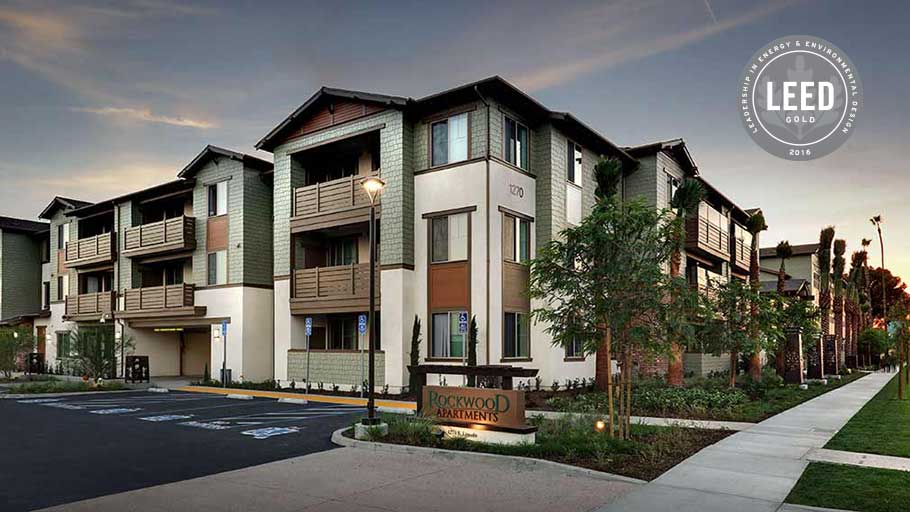Affordable Homeownership: Unlocking the Path to Your Dream Home
Affordable Homeownership: Unlocking the Path to Your Dream Home
Blog Article
Economical Homeownership Options for First-Time Homebuyers
As the real estate market remains to evolve, novice buyers face one-of-a-kind difficulties in protecting affordable homeownership options. Different sources, including government help programs, low-down-payment home loans, and targeted gives, have emerged to relieve monetary pressures. These campaigns not only help with homeownership yet additionally foster area security and financial development. Navigating these choices can be intricate, and understanding which pathways are most useful needs careful factor to consider. What approaches can prospective home owners use to maximize their opportunities in this landscape?
Federal Government Aid Programs
Federal government aid programs play a vital role in making homeownership obtainable for lots of people and families. These programs intend to relieve the financial concern linked with acquiring a home, specifically for new customers. By supplying monetary help, grants, and tax motivations, federal government campaigns help link the gap in between increasing housing expenses and the acquiring power of prospective home owners.
Numerous programs are available at the government, state, and regional degrees. The Federal Real Estate Administration (FHA) supplies insurance policy on car loans, permitting lending institutions to offer a lot more positive terms, such as lower down settlements and reduced rate of interest prices. In addition, state and regional federal governments often have their very own campaigns, which might consist of down settlement assistance programs, homebuyer education training courses, and favorable home mortgage terms.
These programs are created to attend to the unique obstacles faced by low- to moderate-income families, consisting of restricted savings and credit rating. By promoting a setting where homeownership is extra easily accessible, entitlement program programs not only sustain private ambitions yet likewise add to community security and financial development. Comprehending and utilizing these resources can considerably boost the prospects of effective homeownership.
Low-Down-Payment Home Loans
For many ambitious house owners, low-down-payment home loans provide a feasible path to homeownership, specifically in today's tough real estate market. These home mortgage choices commonly need down repayments varying from 3% to 5%, making it much easier for first-time customers to enter the marketplace without the problem of saving for a substantial down repayment.
Various loan providers supply low-down-payment programs, consisting of standard car loans backed by Fannie Mae and Freddie Mac, as well as government-backed alternatives like FHA lendings. These mortgages are developed to suit people with restricted financial savings while still supplying competitive rates of interest. Notably, they allow purchasers to preserve more cash for various other crucial expenditures, such as moving expenses, home examinations, and potential renovations.
However, prospective house owners need to bear in mind the compromises connected with low-down-payment home mortgages. A smaller down repayment may result in greater month-to-month payments and the necessity of personal home loan insurance policy (PMI), which safeguards lending institutions in situation of default. It is critical for novice purchasers to conduct extensive study and seek advice from with home mortgage specialists, ensuring they select a low-down-payment alternative that aligns with their long-term economic goals.
First-Time Buyer Grants
Many first-time property buyers locate that grants Check This Out can significantly relieve the monetary burden of acquiring a home, enhancing low-down-payment mortgage options. These gives, usually offered by state and city governments or non-profit companies, supply financial assistance that does not call for settlement, making them an eye-catching option for those entering the real estate market.
Qualification for newbie buyer gives generally depends on revenue, credit reliability, and the purchase rate of the home. Lots of programs are created to aid reduced- to moderate-income family members, guaranteeing that assistance reaches those who require it most. The application process frequently involves documents of financial standing, buyer education courses, and in some cases also a commitment to remain in the home for a specific duration.
The quantity of support differs extensively, with some gives giving numerous thousand bucks to aid cover shutting costs or down settlements. Researching readily available gives in your location is necessary, as programs frequently change and might have details demands. By leveraging these financial sources, new property buyers can make homeownership more obtainable, inevitably accomplishing their desire for possessing a home while mitigating the first monetary pressure.
Cutting-edge Neighborhood Initiatives
Cutting-edge area initiatives are playing a vital function in expanding cost effective homeownership choices for residents. These efforts typically include joint efforts between city governments, charitable organizations, and personal industry stakeholders to develop sustainable real estate services customized to neighborhood requirements.
One significant strategy is the facility of neighborhood land trust funds (CLTs), which permit homeowners to acquire homes while the land stays had by the trust fund. This design helps maintain price with time and prevents speculative rate boosts. In addition, CLTs commonly provide academic resources and support solutions to encourage novice property buyers.
An additional reliable initiative is the advancement read the full info here of mixed-income real estate projects, next which blend affordable systems with market-rate homes. This technique cultivates inclusive communities and minimizes the preconception frequently related to low-income real estate. Regional federal governments are significantly supporting zoning reforms to help with the construction of accessory home units (ADUs), which can offer extra rental income for homeowners while boosting real estate schedule.

Tips for Budgeting and Saving

Next, establish a dedicated interest-bearing account particularly for your future home acquisition. Aim to save a portion of your revenue constantly, ideally 20% or more, to build a substantial deposit. Make use of automation devices, such as straight down payment or automatic transfers, to make saving much easier and more consistent.
Furthermore, take into consideration taking on the 50/30/20 rule: assign 50% of your revenue to needs, 30% to desires, and 20% to financial savings and debt settlement - Affordable Homeownership. This method advertises balanced monetary wellness

Final Thought
In summary, budget-friendly homeownership options for first-time homebuyers encompass numerous sources such as entitlement program programs, low-down-payment home loans, and grants. These initiatives not just facilitate entry into the housing market yet additionally promote area security and financial advancement. By leveraging these financial tools, people can navigate the intricacies of homeownership, eventually adding to a much more equitable real estate landscape. Proceeded support and recognition of these programs are necessary for enhancing availability to homeownership opportunities.
As the housing market continues to progress, first-time property buyers deal with distinct challenges in safeguarding budget friendly homeownership options. By cultivating a setting where homeownership is more obtainable, government aid programs not only support individual aspirations yet likewise add to neighborhood security and financial development. By leveraging these economic sources, novice buyers can make homeownership a lot more obtainable, inevitably attaining their dream of having a home while alleviating the first monetary pressure.
In recap, budget-friendly homeownership alternatives for new property buyers encompass different sources such as federal government help programs, low-down-payment mortgages, and grants. By leveraging these economic devices, people can navigate the intricacies of homeownership, ultimately contributing to a more fair housing landscape.
Report this page